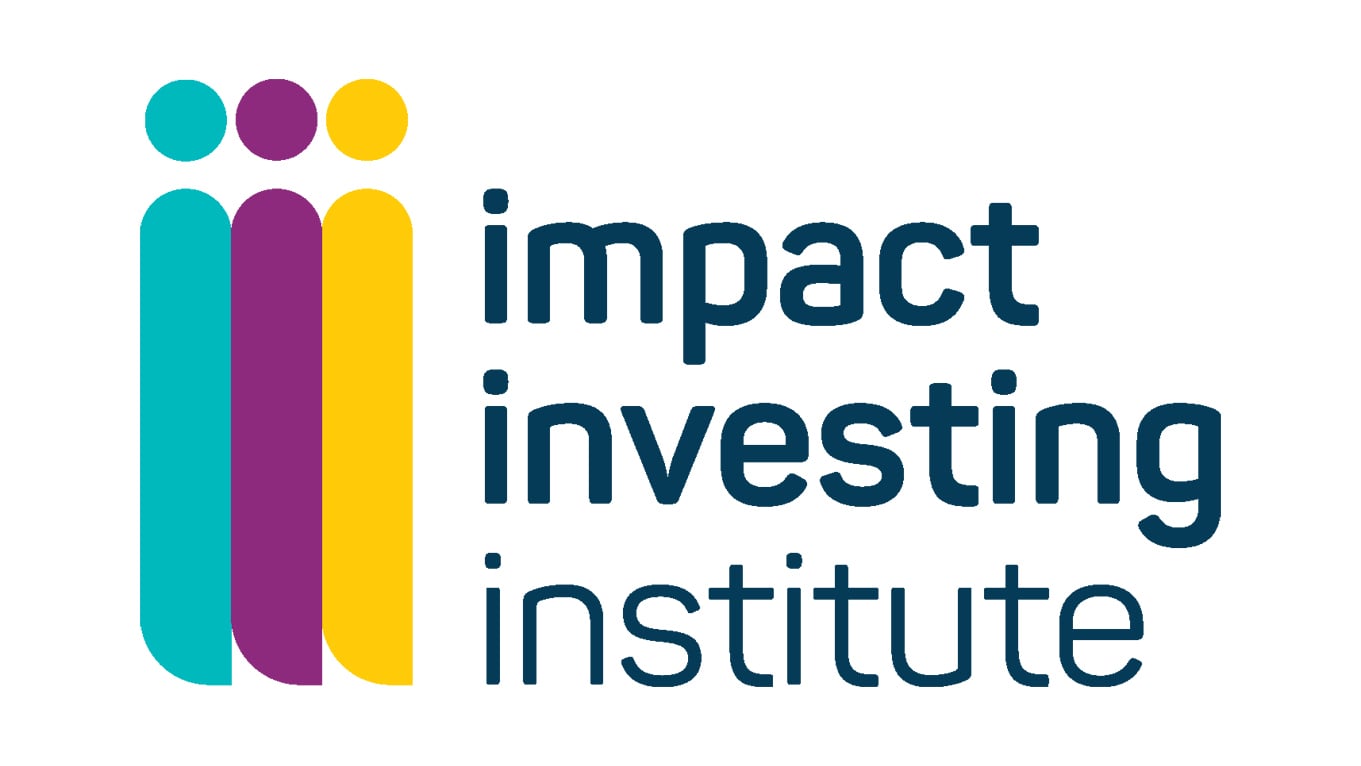Impact investing – which offers social and environmental benefits as well as financial returns – is still developing but the UK’s newly created Impact Investing Institute, created from a merger of two related bodies, is working to accelerate this, as its CEO Sarah Gordon tells Silvia Pavoni.
There are some practical impediments to the growth of impact investing, according to Sarah Gordon, the chief executive of the UK’s Impact Investing Institute. And there is still quite a lot of work to do to define and structure the type of investment that not only meets the wider public’s desire to see money put to good use – in addition to providing returns – but that also offers an exciting way of defining a post-Brexit UK.
On the practical side, she says, just think that a social enterprise would seek, on average, financing of about £50,000 ($65,790), and that this is too little an investment for big players such as pension funds. “So we need to be looking at aggregation vehicles or identifying opportunities at scale for the big pools of capital to invest in,” adds Ms Gordon. This is something the institute is working to solve.
QUALITY INFORMATION
There is also a somewhat confusing universe of information on the subject of impact investing and related products, which needs addressing. “There are lots of initiatives around the world [based upon] impact investing, which are really good. But we need a structure around what we call ‘impact’, and how we describe it and make sure that investors are genuinely being offered impact investment,” says Ms Gordon. “Everybody, from the institutional investor to the retail investor to the ordinary member of the public, needs to have higher quality information about impact investment.”
Influencing policy-makers and regulators is essential too, particularly thinking about the EU’s work on a green taxonomy, which is currently being negotiated between member countries and will define what qualifies as a green financial product. Considered part of a wider push to include environmental, social and governance (ESG) factors in finance, the institute believes that the European definition of green should not be created in isolation from other aspects that are relevant to impact investing.
“One of our really important missions is to make sure that the ‘S’ in ESG is seen as important as the ‘E’ [and that it is] intimately linked with the ‘E’, so that you can’t make a decision for environmental benefit without considering the social costs and the social implications of that decision,” says Ms Gordon.
WORKING WITH MIFID II
Furthermore, Ms Gordon explains, there is work to be done around the implementation of the second iteration of the European Markets in Financial Instruments Directive (MiFID II), which offers an unparallelled boost to the sector that must not be wasted. The directive requires investment managers and financial advisers to ask about clients’ ESG preferences. “It could be a box-tick exercise or it could be a real game changer,” says Ms Gordon. In association with trade bodies, the institute is planning a training programme to ensure that it is the latter.
Will this programme be derailed by the UK’s exit from the EU jurisdiction? “The assumption has been that MiFID II will be remaining in force and be mirrored by UK regulation,” says Ms Gordon, but she concedes that this might not happen.
“There’s an enormous opportunity, as well as the obvious disadvantages of Brexit. We can have some really interesting conversations about what kind of financial services industry we want, and what will differentiate the UK financial services industry from Europe and from the rest of the world. And I really think that ESG and impact could be one of the things [for which] the UK financial services industry really becomes known, recognised and valued.”
The Impact Investment Institute was launched in November 2019 and merges the Implementation Taskforce for Growing a Culture of Social Impact Investing in the UK, led by Dame Elizabeth Corley, former CEO of Allianz Global Investors, with the UK National Advisory Board on Impact Investing, led by Sir Harvey McGrath, former chair of Man Group and Prudential, and chair of Big Society Capital.
Sarah Gordon is the CEO of the IMPACT INVESTING INSTITUTE and the former BUSINESS editor of the Financial Times.

